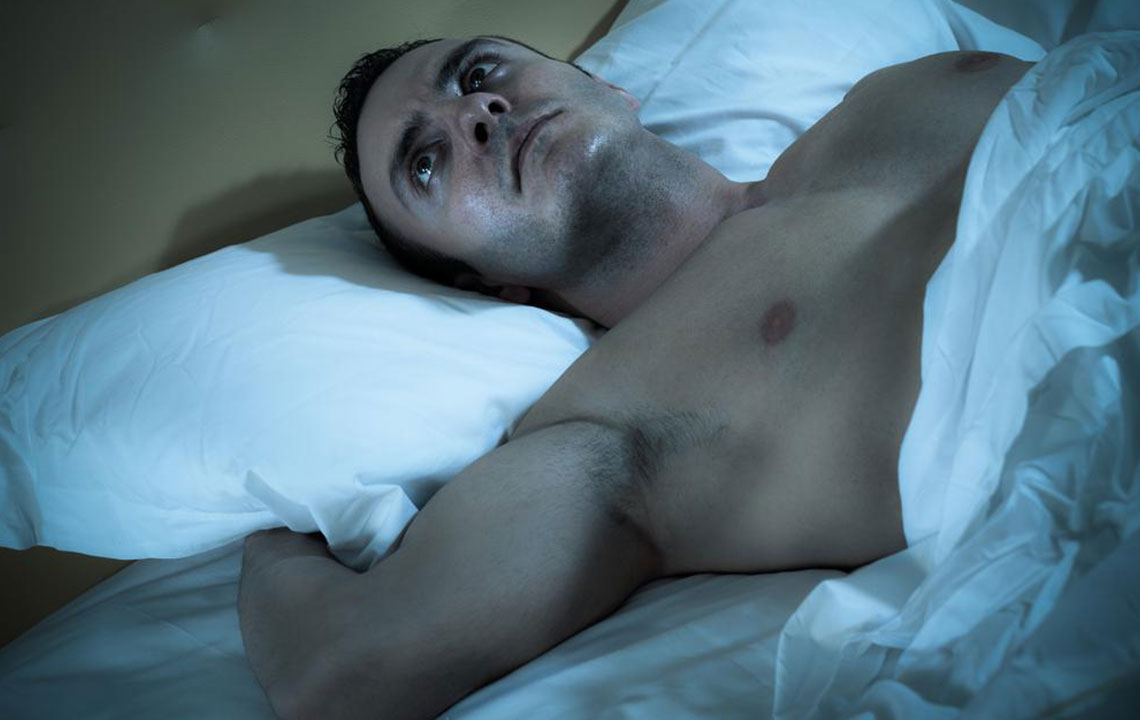Important facts about night sweats
Sleep hyperhidrosis commonly referred to as night sweats results in totally drenched sheets and sleepwear regardless of the fact that the sleeping environment is quite pleasant and refreshing. This issue is common with around three percent of the people and can be the indication of an underlying serious illness.
The most common triggers of night sweats
There are quite some causes for night sweats to occur the main reasons being
- Different hormone imbalances: There occur various kinds of hormone imbalances triggered by various factors like diabetes, menopause, puberty, thyroid issues and pregnancy. All these are possible triggers of night sweats.

How to treat night sweating
The treatment for this condition depends on the underlying cause that triggers the condition of the night sweating. It can be treated either by setting right the hormonal imbalances that have been triggering the issue or adjustment of certain medicines that have been responsible for this adverse effect. If not, finding out the cause of this condition and providing the required treatment accordingly is the next option.
Suppose the doctor does not find out any direct cause for this condition, treating this includes managing and preventing these occurrences through various means that include
- Averting use of extremely warm blankets
- Sleeping in a very cool ambience
- Restraining from using alcohol or spicy food before retiring to bed.

